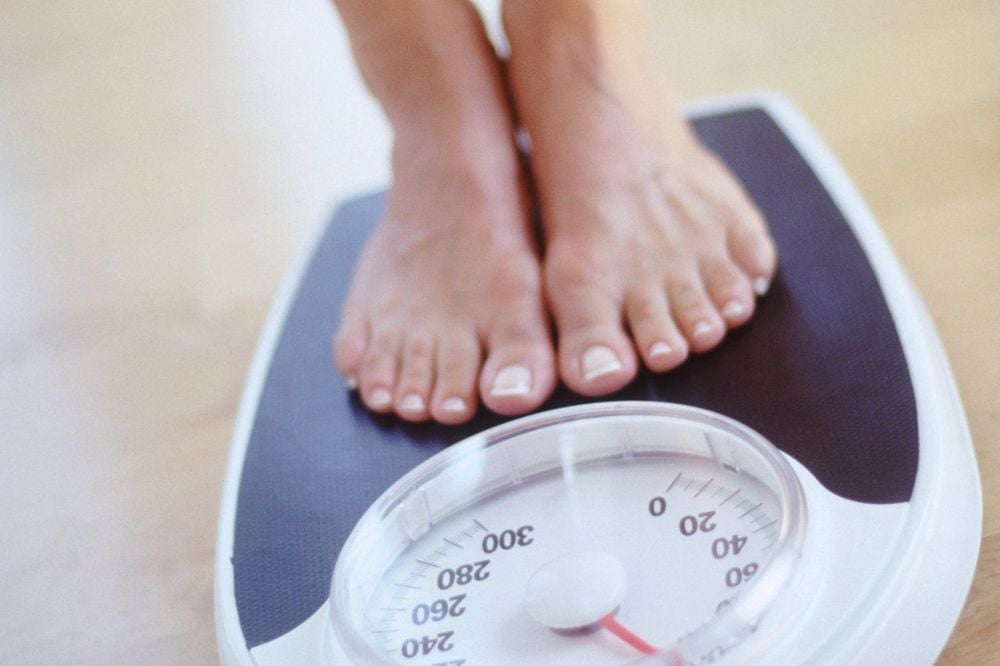This is an automatically translated article.
Apple cider vinegar has been used in cooking and as a natural medicine for thousands of years. Many people claim it has health benefits, including weight loss, improved blood sugar, relief from symptoms of indigestion, and a reduced risk of cardiovascular disease and cancer. With so many potential uses, it can be difficult to know how much apple cider vinegar to drink each day. This article will show you how much apple cider vinegar you should drink for its various health benefits, as well as the best ways to avoid the side effects of this food.
1. Apple cider vinegar has the ability to regulate blood sugar
Apple cider vinegar is often recommended as a natural way to control blood sugar, especially for people with diabetes who have insulin resistance.
When taken before a high-carb meal, vinegar slows down the rate of stomach emptying and prevents blood sugar spikes.
It also improves the sensitivity of cells to insulin, helping your body move more glucose out of your blood and into your cells, thereby lowering blood sugar levels.
An interesting thing that you may not know about apple cider vinegar is that it only takes a small amount of apple cider vinegar to have these beneficial effects. Four teaspoons (20ml) of apple cider vinegar before meals have been shown to significantly lower blood sugar levels after eating. Apple cider vinegar should be mixed with about 60-80ml of water and taken immediately before a high-carb meal.
Apple cider vinegar does not significantly reduce blood sugar when taken before a low-carb or high-fiber meal.
In summary, taking four teaspoons (20ml) of apple cider vinegar diluted in water just before a carb-rich meal can reduce blood sugar spikes after a meal.

Giấm táo nên được trộn với khoảng 60 – 80ml nước và uống ngay trước bữa ăn
2. Apple Cider Vinegar Is Effective For Polycystic Ovarian Syndrome (PCOS)
Polycystic ovary syndrome (PCOS) is a hormonal condition associated with irregular menstrual cycles, very high levels of androgens causing polycystic ovaries and insulin resistance. in women with PCOS.
A three-month study found that women with PCOS who drank one tablespoon (15ml) of apple cider vinegar with 100ml or about 150ml of water right after dinner improved hormone levels and started menstruating. menstruation more regular.
While more research is needed to confirm these results, one tablespoon (15ml) per day appears to be an effective dose for improving PCOS symptoms.
Regularly taking one tablespoon (15ml) of apple cider vinegar with 100ml after dinner can improve symptoms of PCOS.
3. Apple cider vinegar helps increase weight loss efficiency
Apple cider vinegar can help people lose weight by increasing satiety and reducing food intake during the day.
In one study, one or two tablespoons (15 or 30 ml) of apple cider vinegar per day for three months helped overweight adults lose an average of 2.6 and 3.7 pounds (1.2 and 1.7 kg).
Two tablespoons of apple cider vinegar per day has also been shown to help dieters lose almost twice as much weight in three months as those who don't take apple cider vinegar.
You can stir it into a glass of water and drink it before a meal or mix it with oil to make a salad dressing.
Apple cider vinegar is more likely to aid weight loss when combined with other dietary and lifestyle changes. Taking 1–2 tablespoons (15–30ml) of apple cider vinegar daily for several months may help increase weight loss in people who are overweight.

Giấm táo làm tăng cảm giác no và giảm lượng thức ăn dung nạp vào cơ thể mỗi ngày
4. Apple Cider Vinegar Improves Digestion
Many people drink apple cider vinegar before a protein-rich meal to improve digestion. The theory is that apple cider vinegar increases the acidity of your stomach, helping your body make more pepsin, which is an enzyme that breaks down proteins.
Although there are no studies to support the use of vinegar for digestion, other acidic supplements, such as betaine HCL, can significantly increase stomach acid levels. Acidic foods like apple cider vinegar may have a similar effect, but more research is needed.
People who take apple cider vinegar for digestion often take one to two tablespoons (15–30 ml) with a glass of water just before a meal, but currently there is no evidence to support this dosage.
Some people suggest that taking one to two tablespoons (15–30 ml) of apple cider vinegar before meals can aid digestion. However, there is currently no research to support this practice.
5. Apple Cider Vinegar Improves Joint Health
Other common reasons to take apple cider vinegar include protecting against heart disease, reducing cancer risk, and fighting infection. There is little scientific evidence to support these conclusions and no recommended dosages for humans are available.
Animal and test-tube studies show that apple cider vinegar can reduce the risk of cardiovascular disease, fight cancer, and slow the growth of bacteria, but no studies have been done in humans.

Giấm táo có thể làm giảm nguy cơ mắc các bệnh tim mạch
Some studies have found that people who regularly eat salads with vinegar-based dressings tend to have a lower risk of heart disease and less belly fat, but this could be due to other factors.
More human studies are needed to understand the best apple cider vinegar dosage for joint health. There is no evidence that apple cider vinegar can protect against cardiovascular disease, cancer, or infections in humans, so no dosage recommendations can be made.
6. Effective methods to avoid apple cider vinegar side effects
Apple cider vinegar is relatively safe to consume but can cause side effects in some people. Since apple cider vinegar's acidity offers many health benefits, remember not to mix it with anything that could neutralize the acid and lessen its positive effects.
Remember that the acidity of vinegar can also damage tooth enamel with regular use. Drinking through a straw and rinsing your mouth with water afterwards can help prevent this.
Although drinking apple cider vinegar is associated with health benefits, consuming large amounts (8 ounces or 237 milliliters) per day for many years can be dangerous and is associated with low and dilute blood potassium levels. the bone.
If you experience unpleasant side effects after taking apple cider vinegar, such as nausea, belching or reflux, stop taking and discuss these symptoms with your doctor. Apple cider vinegar is relatively safe in small amounts but can erode tooth enamel or cause stomach upset in some people. Large amounts may not be safe for long-term consumption.

Sử dụng giấm táo liên tục có thể làm giảm nồng độ kali trong máu và gây ra loãng xương
7. Conclusion
Apple cider vinegar can help manage blood sugar levels, improve symptoms of PCOS, and promote weight loss. The usual dose is 1–2 tablespoons (15–30 ml) mixed with water and taken before or after meals.
Research does not support claims that it can improve digestion and prevent cardiovascular disease, cancer or infections. Apple cider vinegar is a relatively safe supplement to consume in moderation but has yet to be studied extensively.
Future studies may reveal more potential uses and benefits and help clarify the most effective dosages.
If you have a need for consultation and examination at Vinmec Hospitals under the nationwide health system, please book an appointment on the website for service.
Please dial HOTLINE for more information or register for an appointment HERE. Download MyVinmec app to make appointments faster and to manage your bookings easily.
Reference source: healthlineSee also:
Apple cider vinegar pills: Should you take them? The role and needs of normal people's fat Can metabolic disorders be curable?













